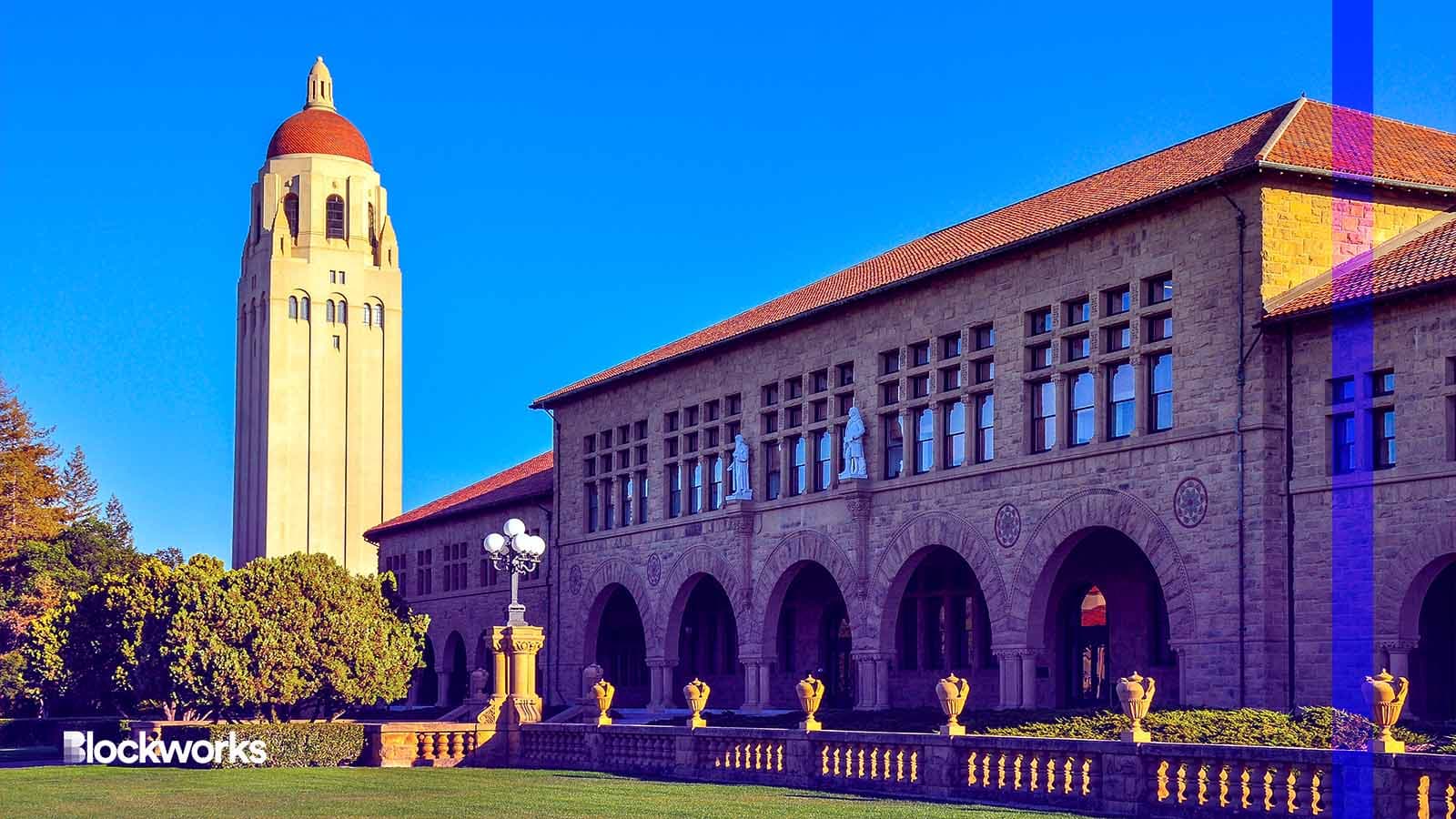Stanford University to return FTX donations worth $5.5M
The donations were allegedly given by Joe Bankman, Sam Bankman-Fried’s father

jejim/Shutterstock modified by Blockworks
After the FTX debtors sued Sam-Bankman-Fried’s parents Tuesday, Stanford University was found to be tangled up with FTX funds.
Stanford received more than $5.5 million in donations from the FTX Group, which were allegedly directed to the California university by Joe Bankman, SBF’s father and a longtime faculty member at Stanford.
In a statement sent to Blockworks, a Stanford spokesperson acknowledged the donations and pledged to send the money back to the debtors.
“Stanford received gifts from the FTX Foundation and FTX-related companies largely for pandemic-related prevention and research. We have been in discussions with attorneys for the FTX debtors to recover these gifts and we will be returning the funds in their entirety,” the spokesperson wrote.
Bankman, a tax lawyer, served as a senior advisor to the FTX Foundation, the philanthropic division of the former American crypto exchange.
Bankman’s job came with a $200,000 salary and a possible “discretionary bonus,” according to the Tuesday suit.
The suit alleges that Bankman “led the charge” in steering $5.5 million in funds to Stanford from November 2021 to May 2022.
It also details the numerous times he apparently tried to send money originating from FTX and Alameda to Stanford.
“Bankman owed a fiduciary duty to FTX Trading, Alameda, Alameda Ltd., and FTX US, and each of their subsidiaries and affiliates,” the debtors wrote.
They continued, “Bankman’s repeated efforts to direct funds from the FTX Group to Stanford University constitutes a flagrant breach of those duties, as they effectively enriched Bankman’s employer (Stanford University) at the expense of the FTX Group.”
Get the news in your inbox. Explore Blockworks newsletters:
- The Breakdown: Decoding crypto and the markets. Daily.
- 0xResearch: Alpha in your inbox. Think like an analyst.






